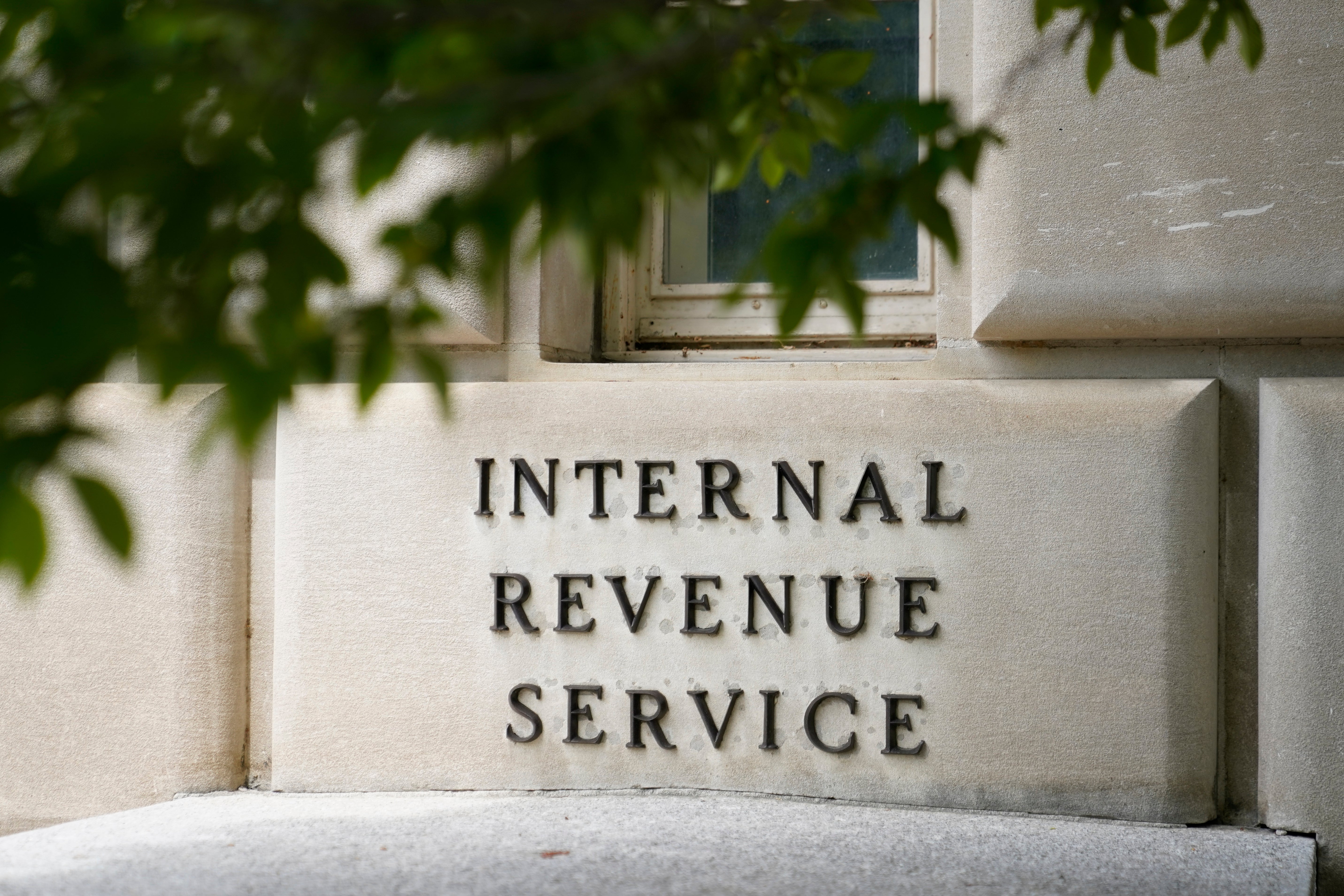IRS expects to collect hundreds of billions more in overdue and unpaid taxes thanks to new funding
The IRS says it expects to collect hundreds of billions of dollars more in overdue and unpaid taxes than previously anticipated using funding provided to the agency by the Democrats’ Inflation Reduction Act

The IRS is poised to take in hundreds of billions of dollars more in overdue and unpaid taxes than previously anticipated, according to new analysis released Tuesday by the Treasury Department and the IRS.
Tax revenues are expected to rise by as much as $561 billion from 2024 to 2034, thanks to stepped-up enforcement made possible with money from the Democrats’ Inflation Reduction Act, which became law in August 2022.
The Congressional Budget Office in 2022 estimated that the tens of billions of new IRS funding provided by the IRA would increase revenues by $180.4 billion from 2022 to 2031. The IRS now says that if IRA funding is restored, renewed and diversified, estimated revenues could reach as much as $851 billion from 2024 to 2034.
Administration officials are using the report to promote President Joe Biden's economic agenda as he campaigns for reelection — and as the IRS continually faces threats to its funding.
“This analysis demonstrates that President Biden’s investment in rebuilding the IRS will reduce the deficit by hundreds of billions of dollars by making the wealthy and big corporations pay the taxes they owe," National Economic Adviser Lael Brainard said in a statement.
“Congressional Republicans’ efforts to cut IRS funding show that they prioritize letting the wealthiest Americans and big corporations evade their taxes over cutting the deficit," Brainard said.
The Inflation Reduction Act gave the IRS an $80 billion infusion of funds. However, House Republicans built a $1.4 billion reduction to the IRS into the debt ceiling and budget cuts package passed by Congress last summer. A separate agreement took an additional $20 billion from the IRS over the next two years to divert to other non-defense programs.
Since then, the agency has tried to show how it is spending the money it has left, in hopes of stemming the cuts. New customer service improvements rolled out as the tax season began Jan. 29, and earlier this month the IRS announced that it had recouped half a billion dollars in back taxes from rich tax cheats.
Ensuring that people actually pay their taxes is one of the tax collection agency’s biggest challenges. The audit rate of millionaires fell by more than 70% from 2010 to 2019 and the audit rate on large corporations fell by more than 50%, Treasury's Deputy Assistant Secretary for Tax Analysis Greg Leiserson told reporters. IRA funding "is enabling the IRS to reverse this trend,” Leiserson said.
The tax gap — which is the difference between taxes owed and taxes paid — has grown to more than $600 billion annually, according to the IRS.